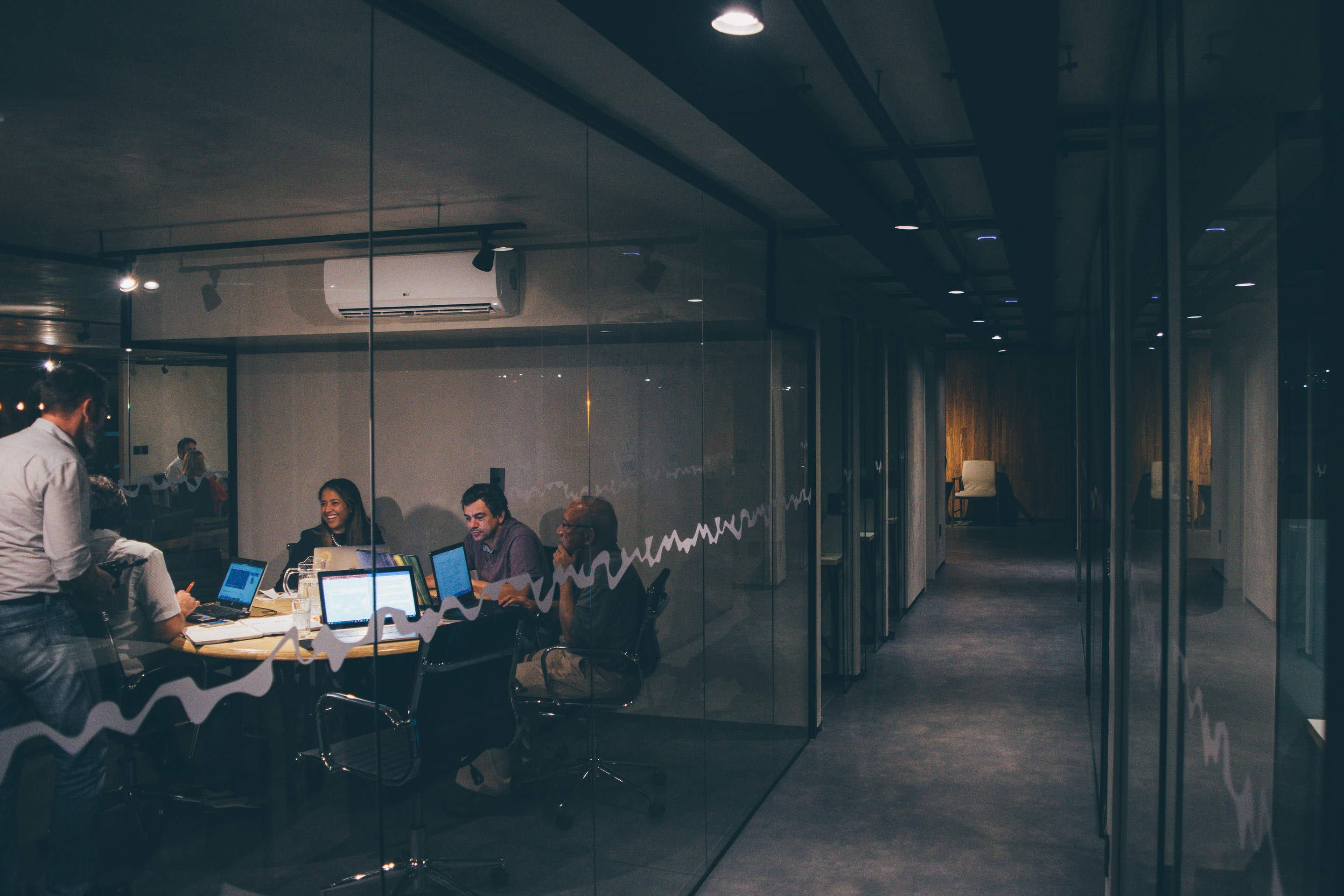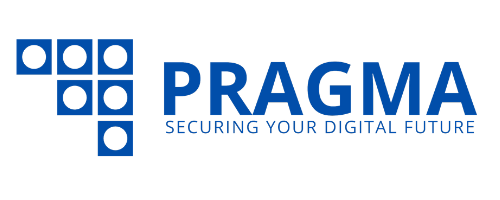
Personally Identifiable Information Protection
Data is more valuable than money
Why Protecting Personal Data is Important
Personally Identifiable Information (PII) protection refers to the measures and processes organisations put in place to safeguard sensitive information that can be used to identify an individual. PII can include names, addresses, social security numbers, financial information, and medical records.
Protecting PII is critical because it can be used to commit identity theft, financial fraud, and other types of cybercrime. Failure to protect PII can result in severe consequences for individuals and organisations, including legal liability, reputational damage, and financial losses.
Protecting individuals from identity theft
The primary benefit of PII protection is that it helps safeguard individuals' sensitive information, such as their name, social security number, and financial information. By protecting this information, organisations can prevent identity theft, which can have devastating consequences for individuals.
Maintaining regulatory compliance
Many regulations and laws, such as the General Data Protection Regulation (GDPR) and the other Health, Privacy Acts, PCI DSS, require organisations to protect PII. By implementing appropriate PII protection measures, organisations can ensure that they comply with these regulations and avoid costly penalties and fines.
Maintaining trust and reputation
By demonstrating a commitment to data privacy and security, organisations can enhance their reputation and avoid reputational damage associated with data breaches or other security incidents.
Preventing financial losses
Prevent financial loss associated with data breaches or other security incidents. These losses can include direct costs, such as legal fees and notification costs, and indirect costs, such as lost contracts and remediation costs.
Improving overall cybersecurity posture
Implementing access controls, encryption, data backups, incident response plans, and other privacy controls can help protect against a wide range of cybersecurity threats beyond PII-related risks.
PII protection is essential for protecting individuals, maintaining regulatory compliance, maintaining trust and reputation, preventing financial losses, and improving overall cybersecurity posture. Organisations implementing appropriate PII protection measures can benefit in many ways, directly and indirectly.

